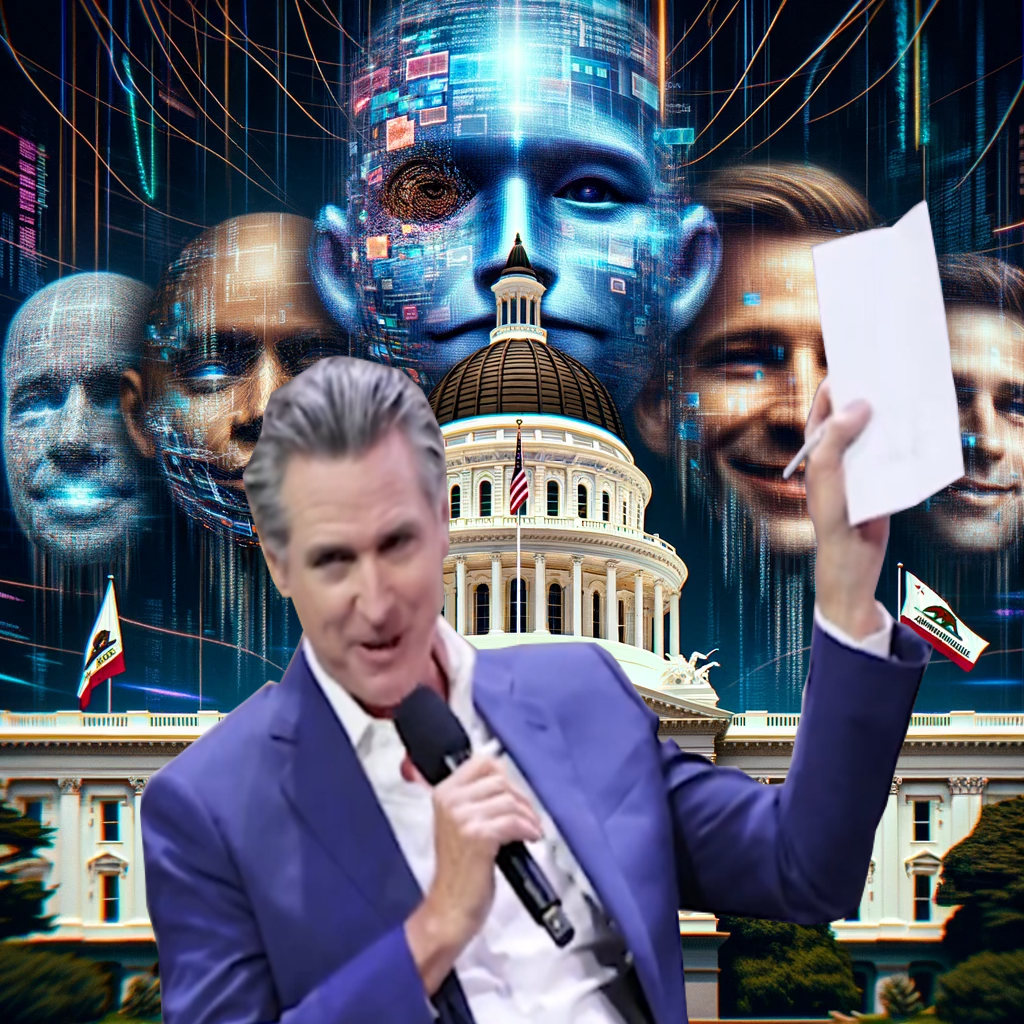San Francisco, CA – In a significant step to protect the integrity of California’s elections from the growing threat of artificial intelligence (AI) and deepfake technology, Governor Gavin Newsom signed three pivotal bills. These measures are designed to remove deceptive content from online platforms, enhance accountability, and provide voters with accurate information during election cycles.
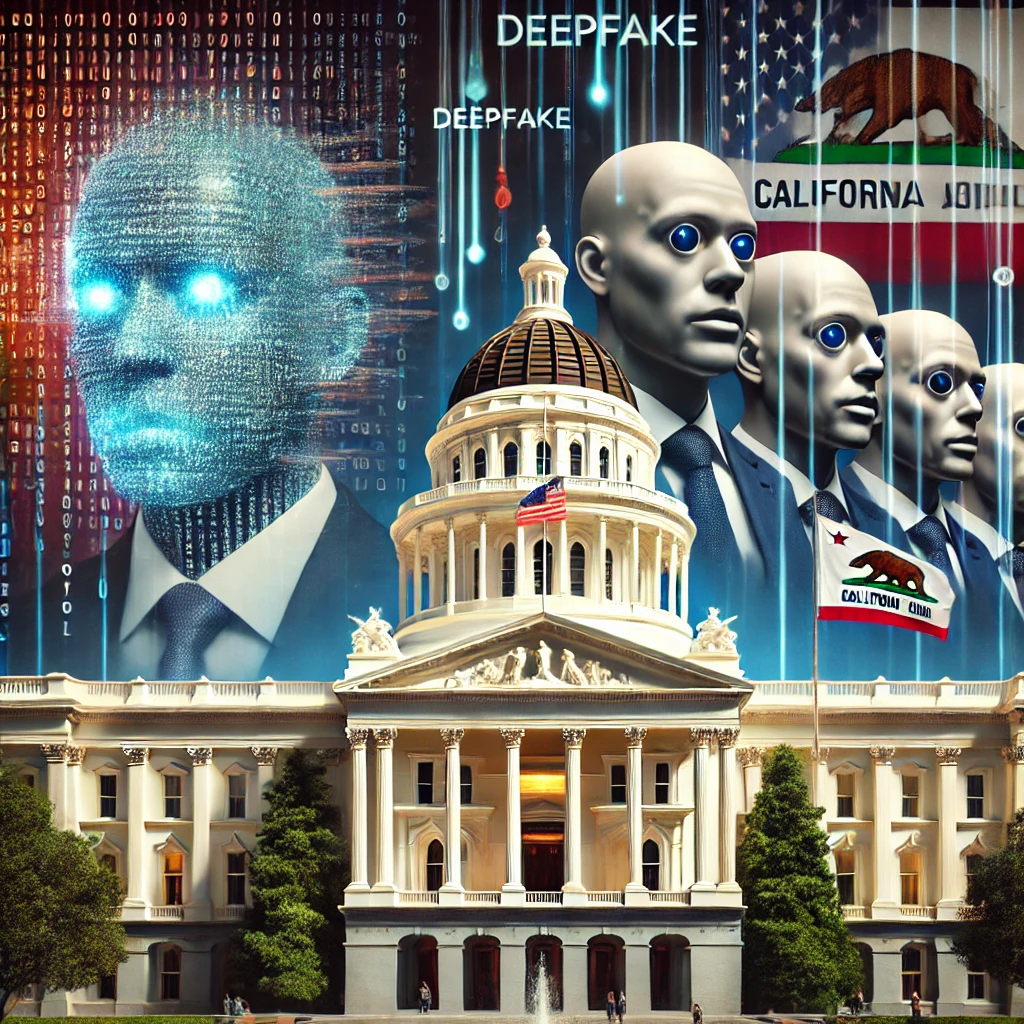
“Safeguarding the integrity of elections is essential to democracy, and it’s critical that we ensure AI is not deployed to undermine the public’s trust through disinformation – especially in today’s fraught political climate,” said Governor Newsom. “These measures will help combat the harmful use of deepfakes in political ads and other content, ensuring transparent and trustworthy AI use.”
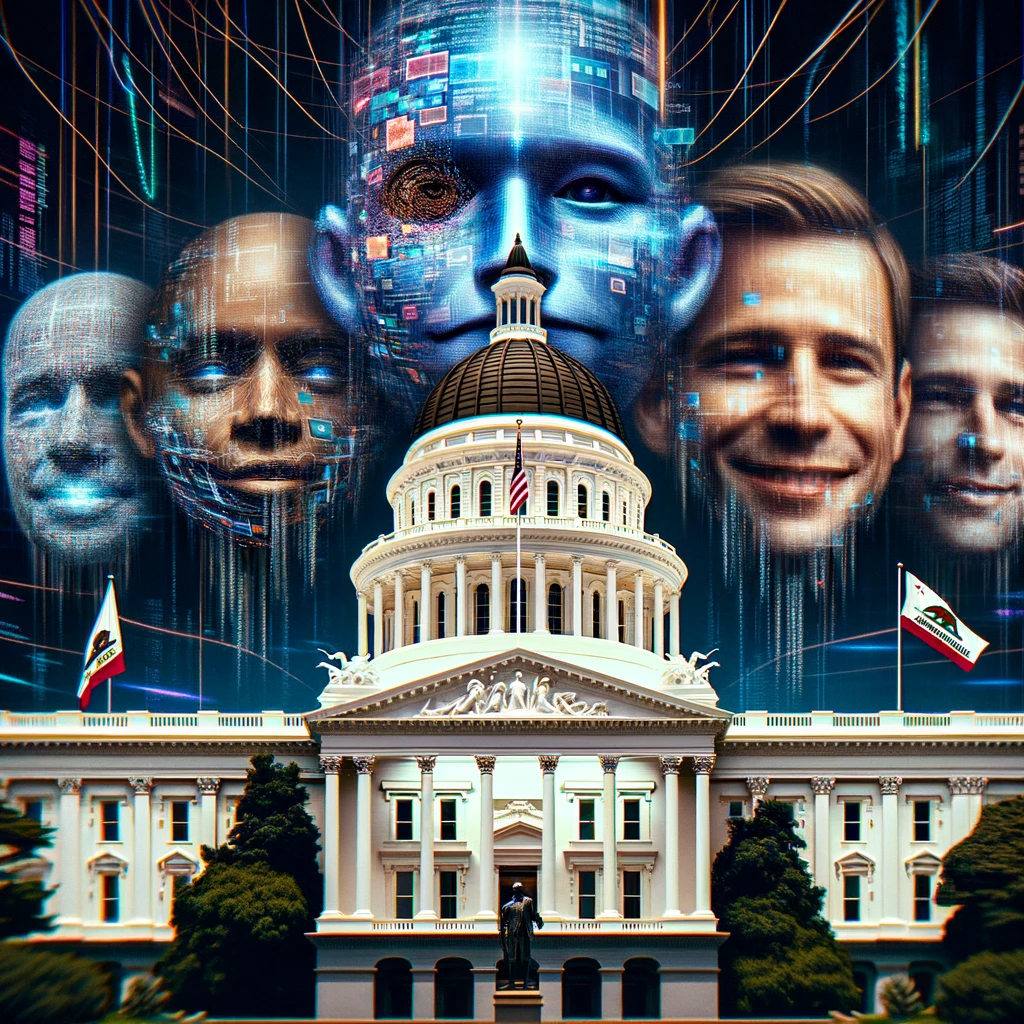
This legislative action builds on laws introduced in 2019 targeting deepfakes in elections, as California aims to stay ahead of technological advances that could distort the political process. Earlier today, Governor Newsom also signed legislation protecting actors and performers from having their likeness digitally replicated without consent—another key area where AI manipulation is becoming more prevalent.
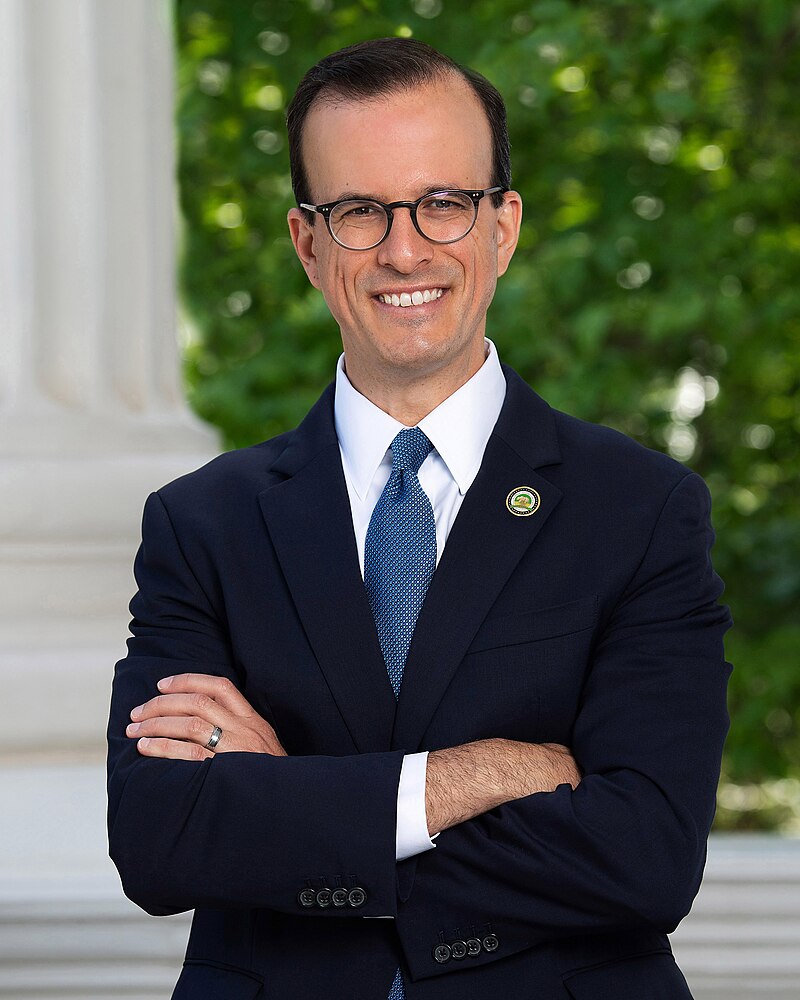
Key Bills Targeting AI-Driven Disinformation
The first measure, AB 2655, authored by assembly member Marc Berman (D-Menlo Park), mandates large online platforms to remove or label deceptive, AI-generated content related to elections. Additionally, it empowers candidates, officials, and even the public to seek legal action if platforms fail to comply.
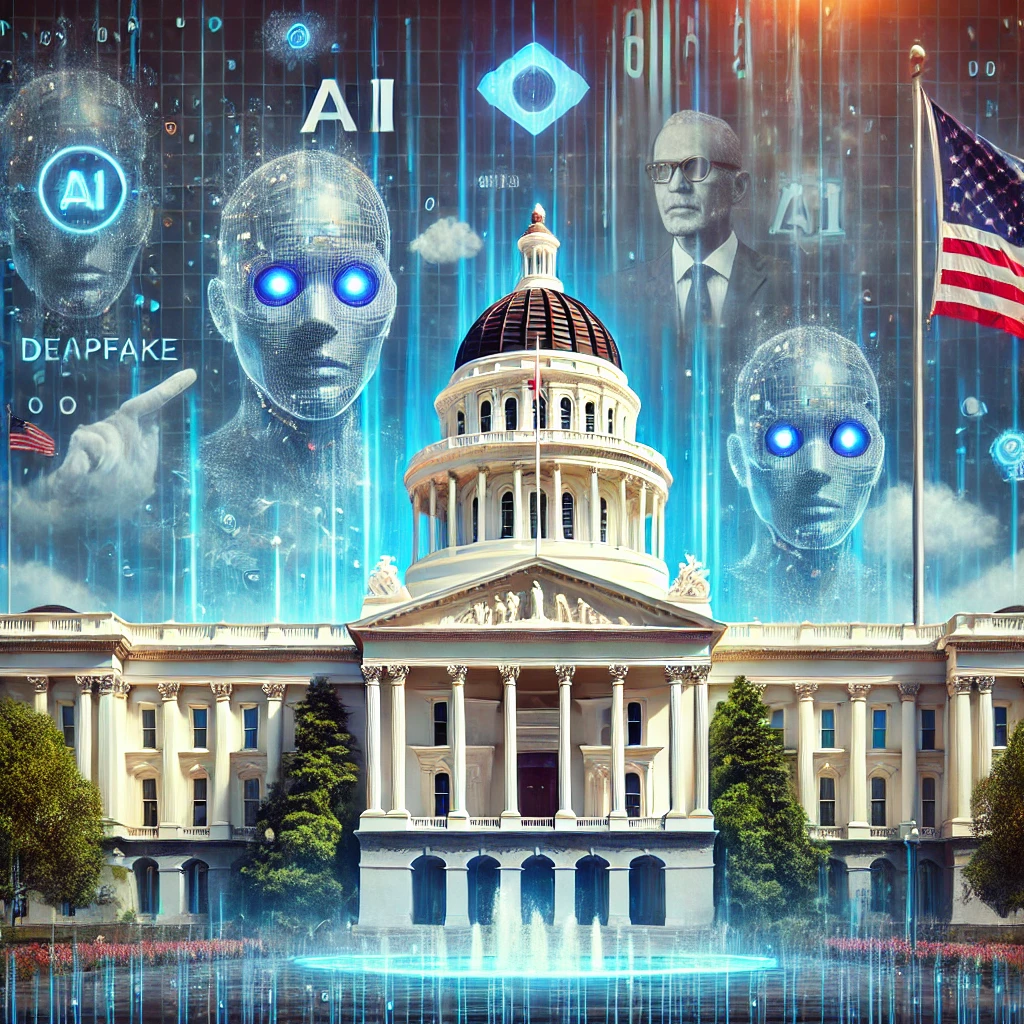
“AI-generated deepfakes pose a clear and present risk to our elections and democracy,” Berman stated. “This bill is a first-in-the-nation solution to this growing threat. AB 2655 will ensure that online platforms minimize the impact of these hyper-realistic yet completely fake deepfakes. It’s a victory for voters and democracy.”
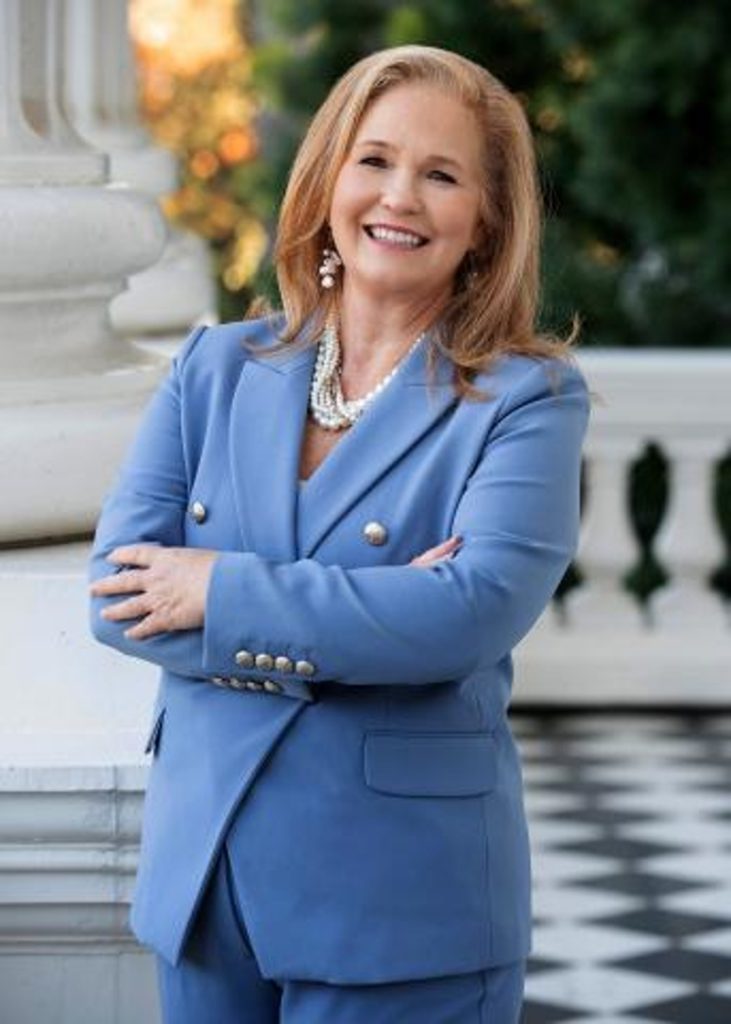
AB 2839, introduced by Assemblymember Gail Pellerin (D-Santa Cruz), is another critical component. This urgency measure expands the timeframe in which election-related, deceptive AI-generated content is prohibited from circulation. It also broadens the scope of protection for elected officials, allowing them to seek civil action to stop the spread of manipulative material.
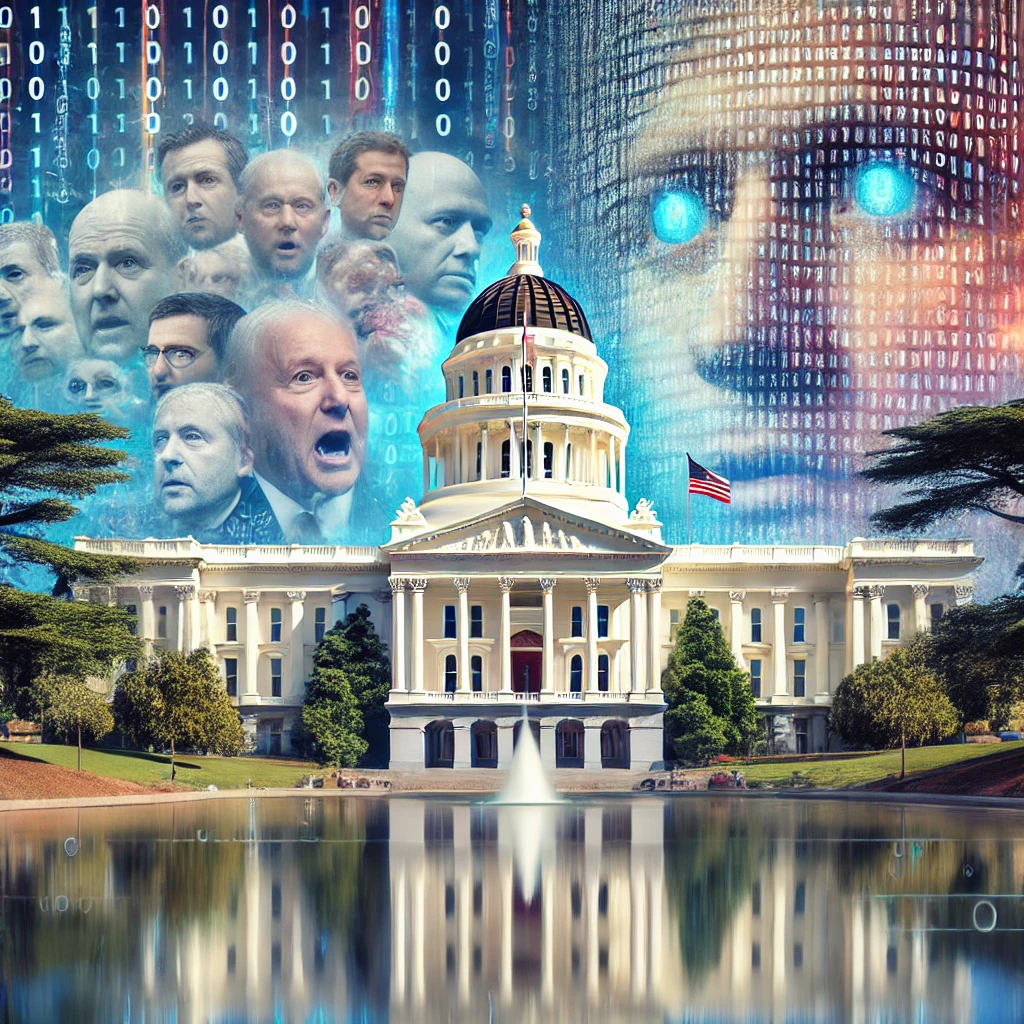
“With fewer than 50 days until the general election, the urgency to protect voters from digitally altered content is greater than ever,” said Pellerin, Chair of the Assembly Elections Committee. “AB 2839 ensures that voters are armed with the facts needed to make informed decisions this November.”
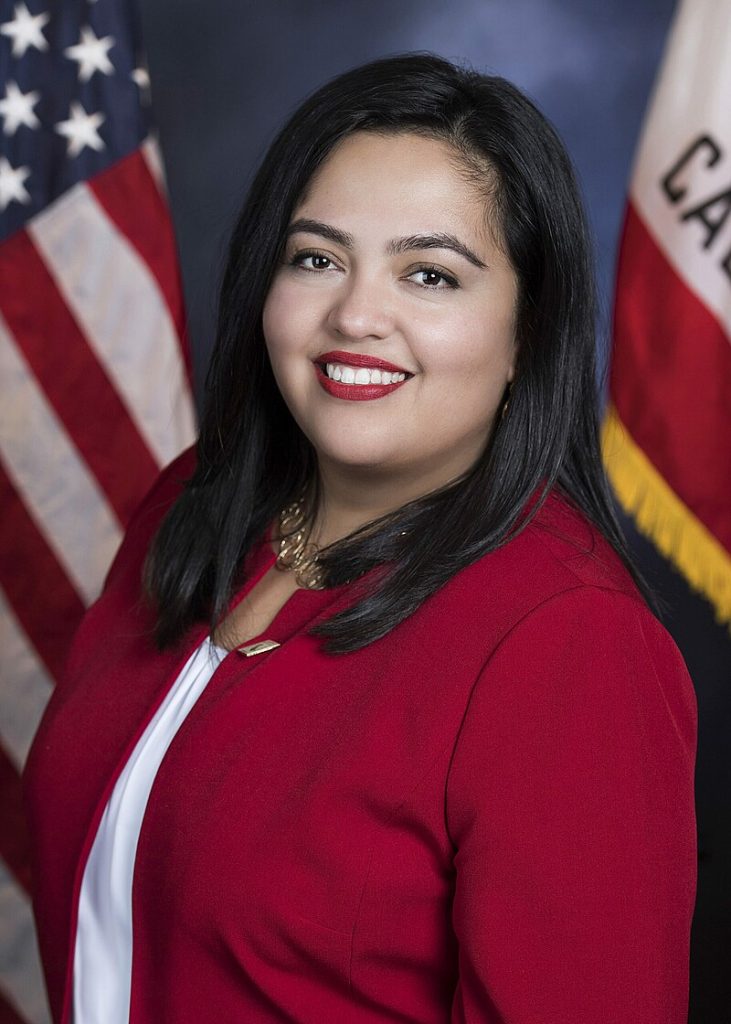
The final measure, AB 2355, sponsored by Assemblymember Wendy Carrillo (D-Los Angeles), requires that AI-generated content in election advertisements include clear disclosures. The Fair Political Practices Commission will enforce these transparency requirements, ensuring voters are informed when political ads have been substantially altered by AI.
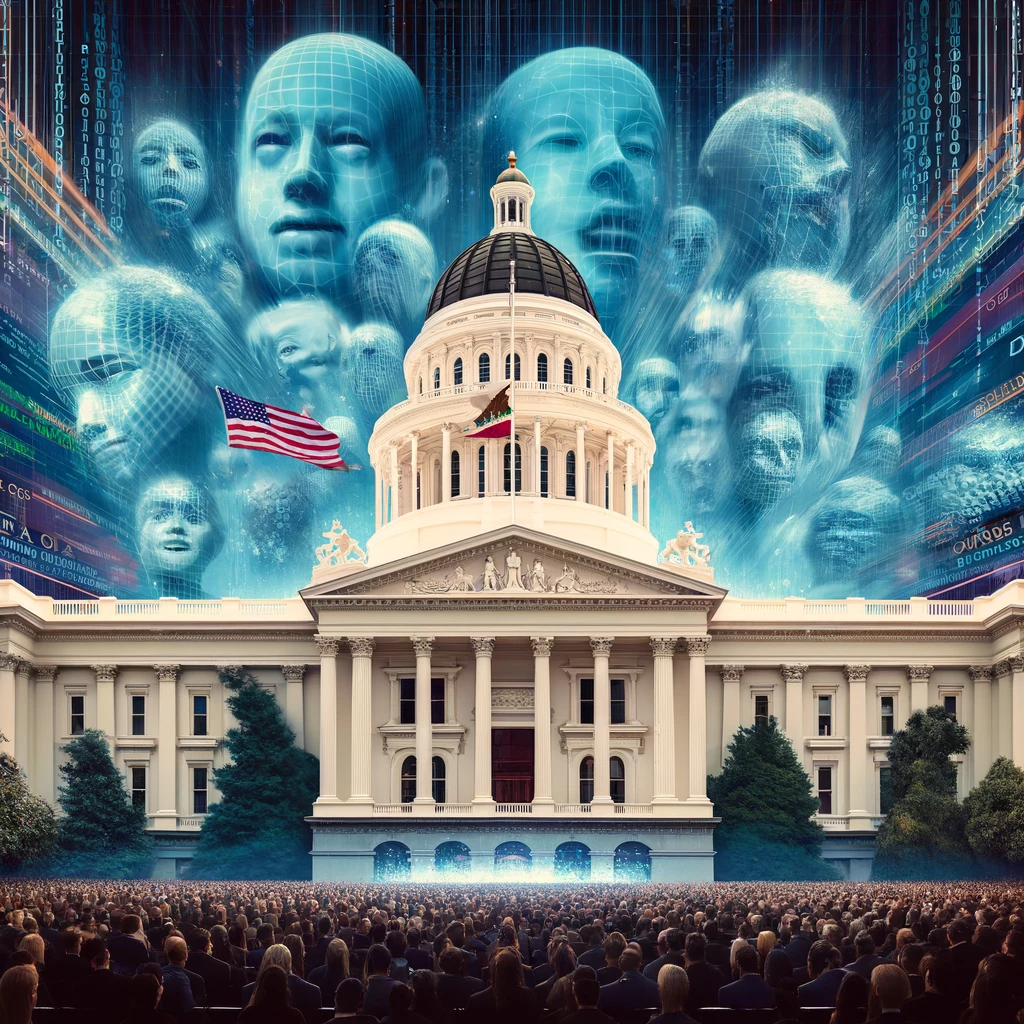
“The rapid improvements in AI make it easy to generate convincingly fake images, videos, and sounds,” Carrillo explained. “Voters need to know when they are seeing altered media, and this law guarantees that transparency. It’s a balanced policy that keeps free speech alive while protecting democracy.”
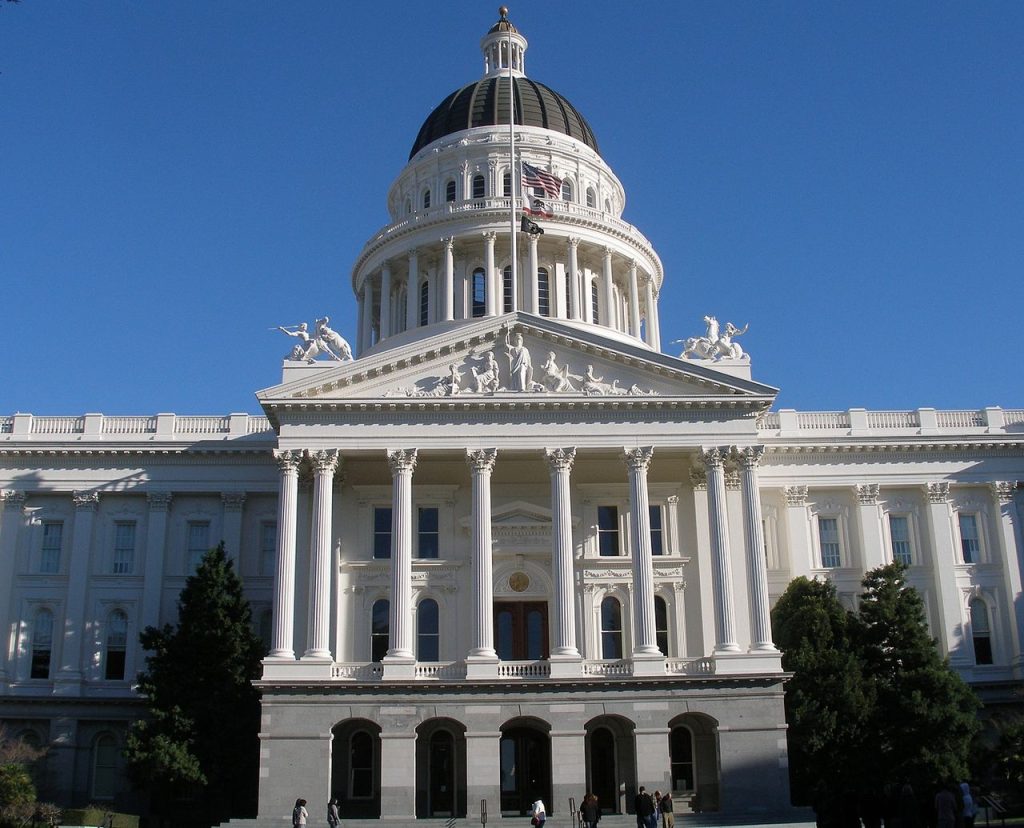
Leading the Nation in AI Oversight
As home to some of the world’s top AI companies, California is also working to leverage these technologies to solve societal challenges while mitigating the risks. Governor Newsom’s administration has taken steps to integrate AI responsibly, from partnering with NVIDIA on a first-of-its-kind AI collaboration to hosting summits aimed at shaping AI’s future in the state. The Governor’s 2022 executive order laid out a framework to balance AI innovation with public protection, a strategy that continues to evolve.

With these new laws, California positions itself as a leader in addressing the political implications of AI, setting an example for other states to follow. The state’s proactive approach in regulating deepfake technology marks a crucial step toward ensuring that AI serves voters, rather than misleads them.

